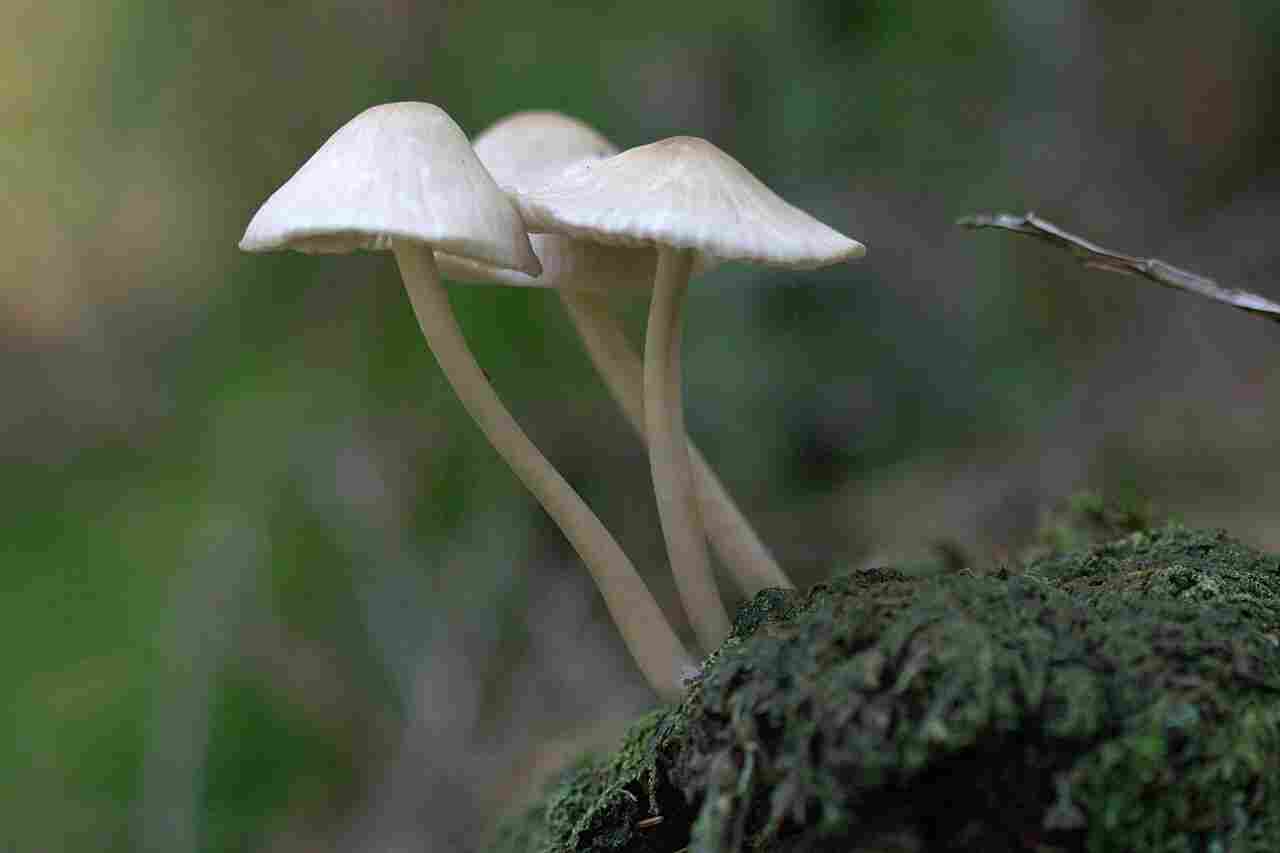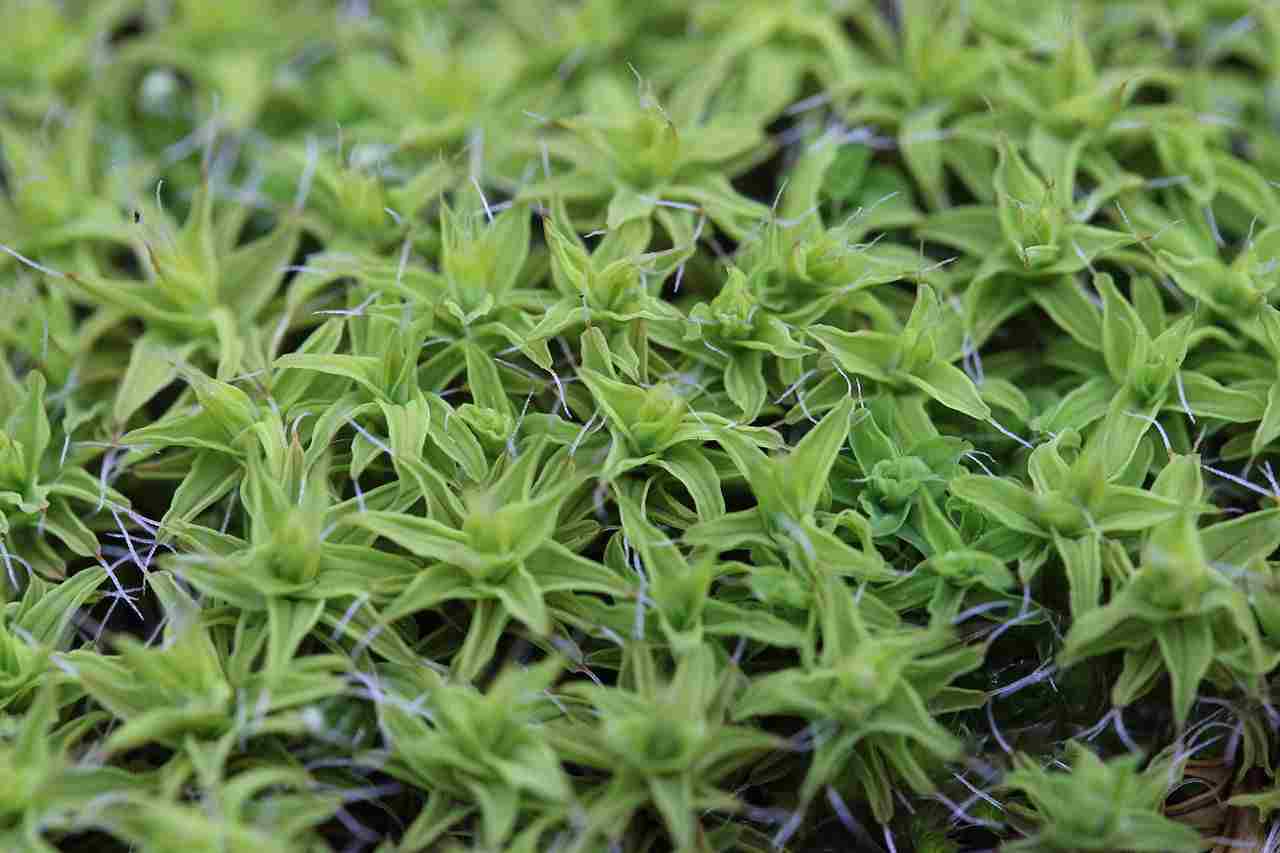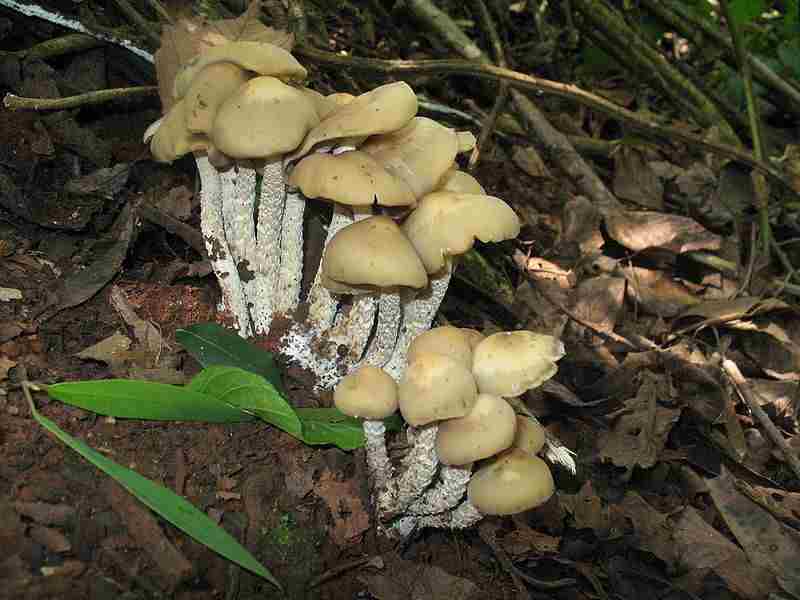Is Fungi a Decomposer? Fungi Food Chain Position/Role
Fungi are key decomposers in ecosystems. They break down organic matter into simpler compounds. This process facilitates nutrient recycling. Fungi play a crucial role in the decomposition of dead organisms. They secrete enzymes to digest organic material. Fungal mycelium spreads through the substrate to absorb nutrients. Fungi contribute to soil health by decomposing organic matter. Their decomposition activities enrich the soil with nutrients. Overall, fungi are integral members of the decomposer community.
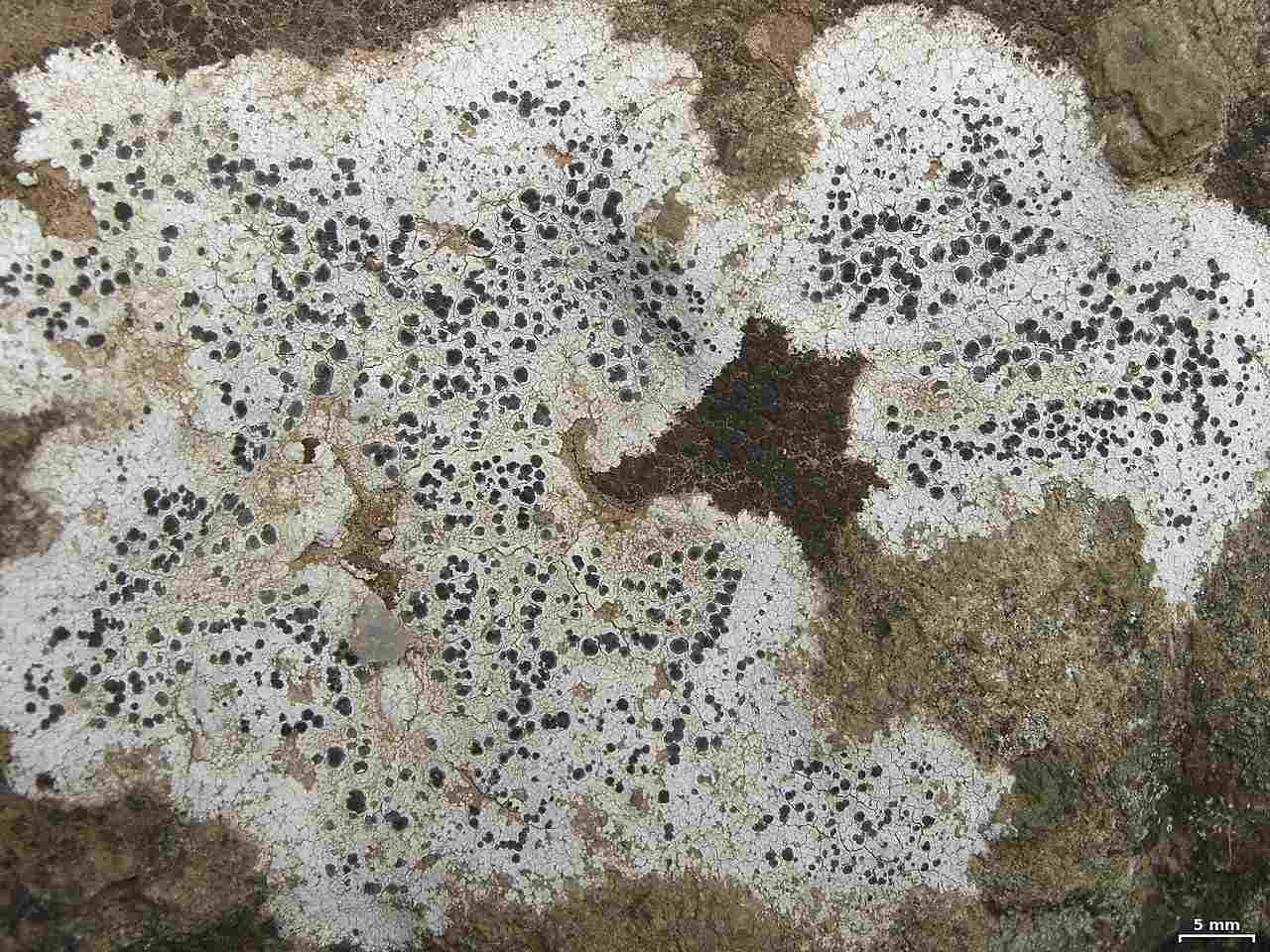
Reasons Why Fungi are Decomposers
-
Digestive Enzymes: Fungi produce a variety of enzymes that break down complex organic molecules into simpler forms, facilitating decomposition.
-
Nutrient Recycling: Through decomposition, fungi help recycle essential nutrients such as carbon, nitrogen, and phosphorus back into the ecosystem, making them available for other organisms.
-
Role in Decomposition Chain: Fungi are often the primary decomposers in ecosystems, initiating the breakdown of dead organic matter and paving the way for other decomposers to further break down the material.
-
Efficient Decomposition: Fungi are adept at decomposing a wide range of organic materials, including wood, leaves, and animal remains, due to their diverse enzymatic capabilities.
-
Soil Health: By breaking down organic matter, fungi contribute to soil fertility and structure, enhancing its ability to support plant growth and sustain diverse ecosystems.
-
Recycling Energy: Fungi play a crucial role in the energy flow within ecosystems by decomposing organic matter and releasing stored energy back into the environment for use by other organisms.
Is Fungi a Producer?
Fungi are not considered producers in the traditional sense. Unlike plants, fungi do not photosynthesize to produce their own food. They lack chlorophyll, the pigment necessary for photosynthesis. Fungi obtain their nutrients heterotrophically, by absorbing organic matter. Rather than producing their own food, fungi rely on external sources of organic material for sustenance. Fungi derive energy from the decomposition of organic matter, making them decomposers rather than producers.
Reasons Why Fungi are Not Producers
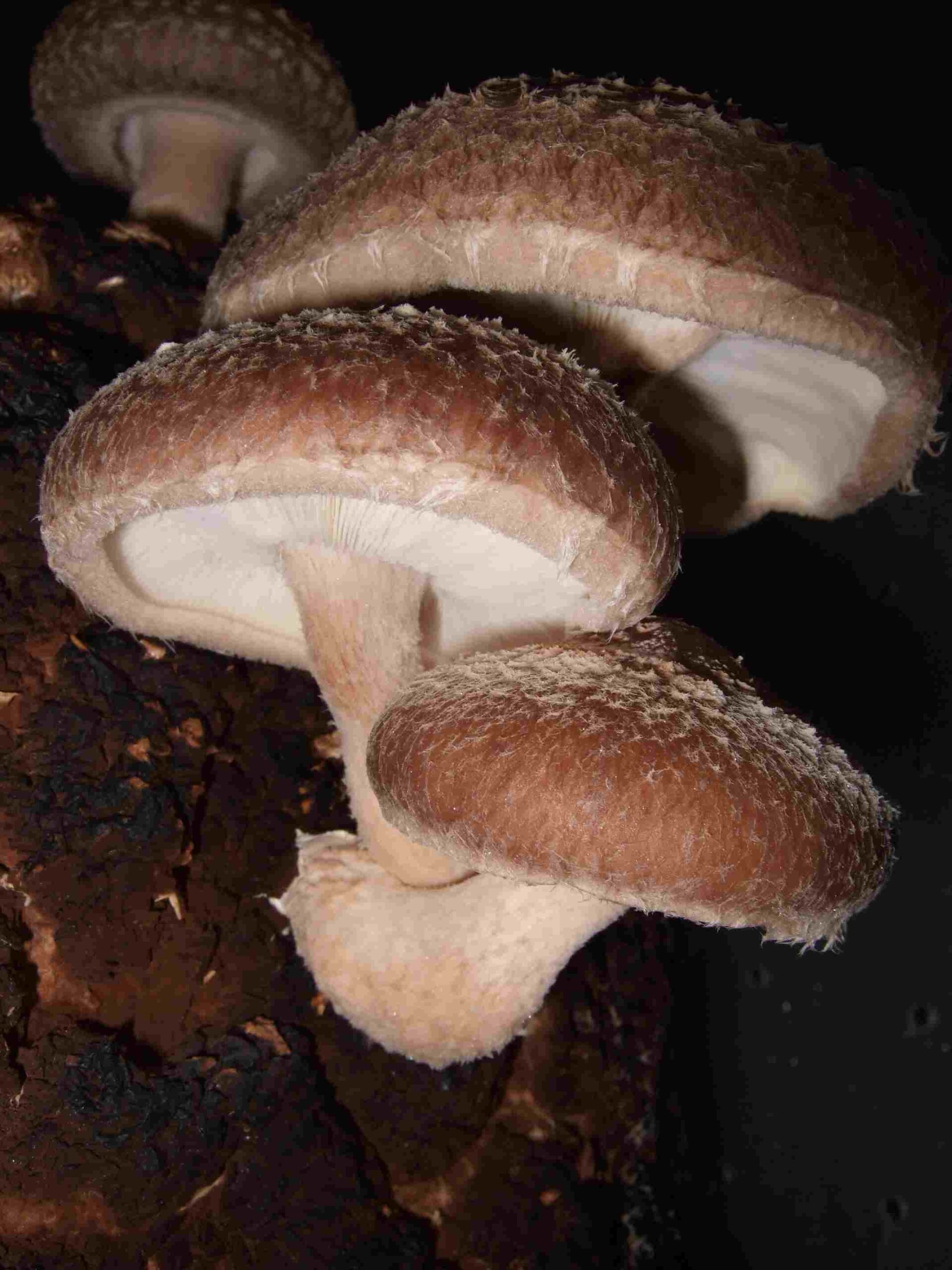
-
Lack of Chlorophyll: Unlike producers such as plants, fungi lack chlorophyll, the pigment essential for photosynthesis. Without chlorophyll, fungi cannot convert sunlight into energy, which is a defining characteristic of producers.
-
Heterotrophic Nutrition: Fungi are heterotrophic organisms, meaning they obtain their nutrients by consuming organic matter from their environment. They cannot synthesize their own food from inorganic sources like producers do through photosynthesis.
-
Absence of Photosynthetic Organs: Producers typically have specialized structures such as leaves, where photosynthesis occurs. Fungi lack these specialized organs for photosynthesis, further emphasizing their reliance on external sources of organic matter for nutrition.
-
Dependence on Decomposition: Fungi play a crucial role in decomposition processes, breaking down complex organic compounds into simpler forms. This dependence on decomposing organic matter contrasts with the role of producers, which create organic matter through photosynthesis.
-
Energy Source: Unlike producers, which derive energy directly from sunlight, fungi obtain energy indirectly through the breakdown of organic matter. This reliance on external energy sources further distinguishes fungi from producers in ecological roles and energy dynamics.
Are Fungi Producers or Consumers?
Fungi are neither producers nor consumers in the traditional ecological sense. They do not produce their own food through photosynthesis like producers. Nor do they directly consume other organisms for nutrition like consumers. Instead, fungi occupy a unique ecological niche as decomposers. They break down organic matter, such as dead plants and animals, into simpler compounds. This process releases nutrients back into the ecosystem, supporting the growth of other organisms. Thus, fungi play a vital role in nutrient cycling and energy flow within ecosystems, distinct from both producers and consumers.
Reasons Why Fungi is Not a Consumer
-
Heterotrophic Nutrition: Fungi obtain their nutrients by decomposing organic matter rather than directly consuming other organisms. This distinguishes them from consumers, which ingest and digest living or once-living organisms for nutrition.
-
Absence of Predatory Behavior: Unlike consumers such as animals, fungi do not actively hunt, capture, or consume prey. Instead, they passively absorb nutrients from their surroundings through enzymatic breakdown of organic matter.
-
Role in Decomposition: Fungi primarily function as decomposers, breaking down dead organic material into simpler compounds. While some fungi may engage in symbiotic relationships or parasitic interactions with living organisms, their main ecological role is in decomposition rather than predation.
-
Energy Source: Consumers derive energy by consuming other organisms, while fungi obtain energy through the decomposition of organic matter. This fundamental difference in energy acquisition further highlights the distinction between fungi and consumers in ecological roles.
Is Fungi a Producer, Consumer, or Decomposer?
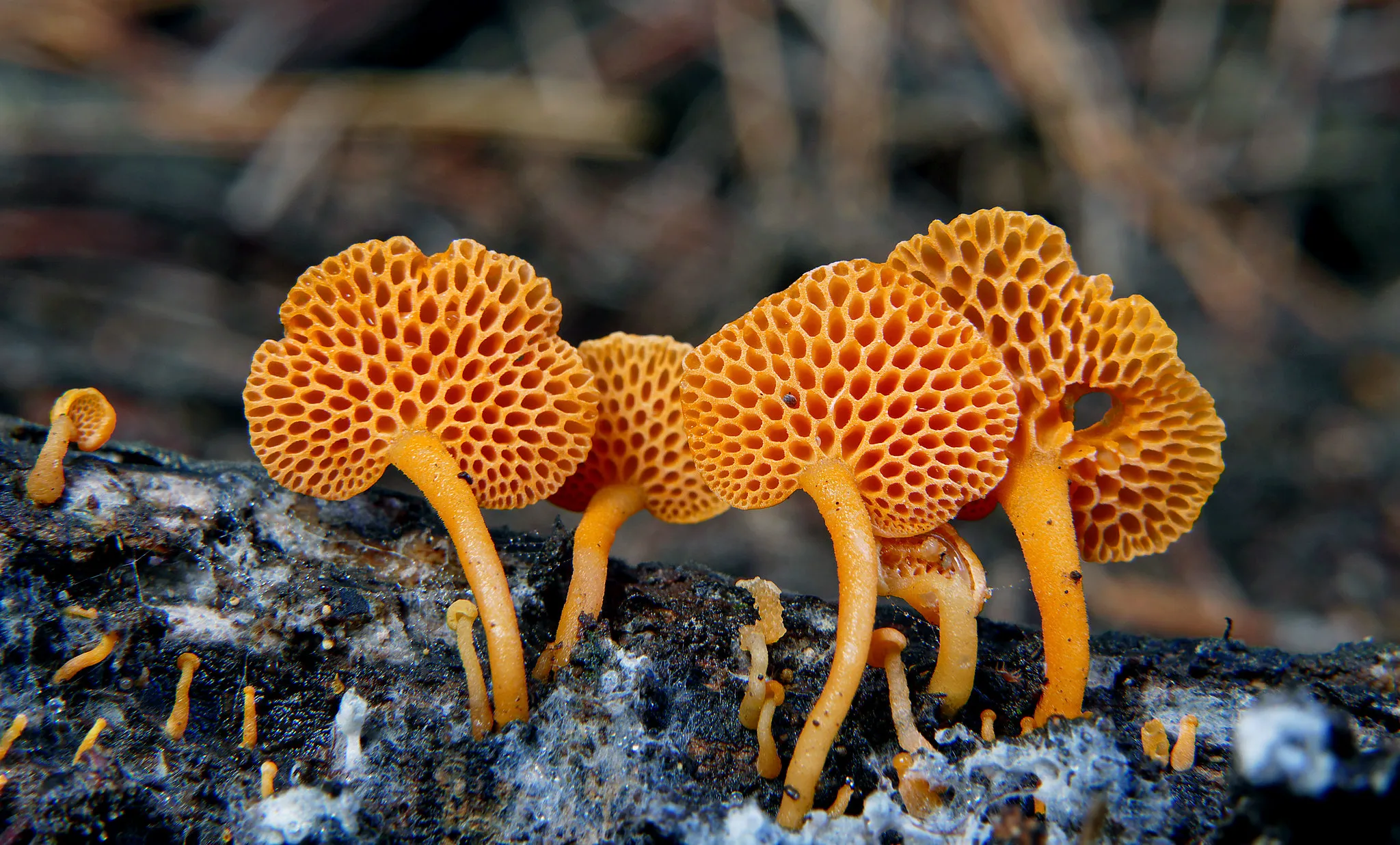
Fungi are primarily classified as decomposers in ecosystems. They play a crucial role in breaking down dead organic matter into simpler compounds. This decomposition process facilitates nutrient recycling and contributes to soil health. While fungi are not producers because they do not perform photosynthesis to produce their own food, they also differ from consumers. Unlike consumers, fungi do not directly ingest and digest other organisms for nutrition. Instead, they absorb nutrients from their environment through the decomposition of organic matter. Therefore, fungi occupy a distinct ecological niche as decomposers, essential for nutrient cycling and ecosystem functioning.
Reasons Why Fungi is Neither a Producer Nor Consumer
-
Absence of Photosynthesis: Fungi lack the ability to perform photosynthesis, which is characteristic of producers. Without the capability to convert sunlight into energy, fungi cannot produce their own food.
-
No Direct Consumption of Organisms: Unlike consumers, fungi do not actively prey on or consume other organisms for nutrition. Instead, they obtain nutrients through the enzymatic breakdown of organic matter, primarily dead plant and animal material.
-
Role in Decomposition: Fungi are primarily decomposers, specializing in breaking down complex organic compounds into simpler forms. Their ecological role revolves around the breakdown of dead organic matter rather than the direct consumption of living organisms.
-
Dependence on External Nutrient Sources: Fungi rely on external sources of organic matter for sustenance, rather than producing their own food or consuming other organisms. This dependency further distinguishes them from both producers and consumers in the ecosystem.
Is Fungi a Decomposer or Producer?
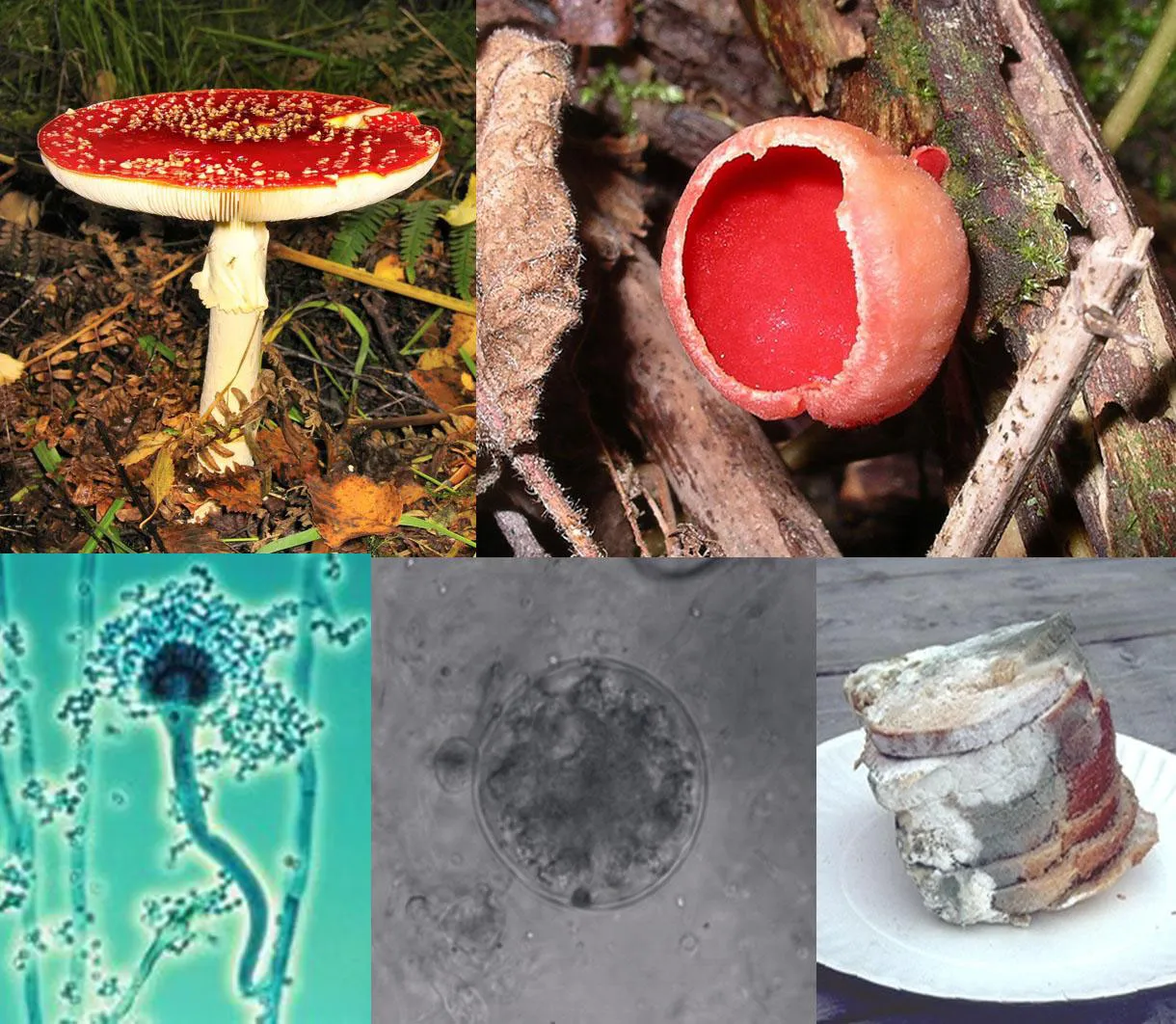
Fungi primarily function as decomposers in ecosystems. They break down dead organic matter, such as plant debris and animal remains, into simpler compounds. Through this decomposition process, fungi facilitate nutrient recycling and contribute to soil fertility. While fungi are not producers because they do not perform photosynthesis to produce their own food, they are essential decomposers in the food chain. Their role in breaking down organic matter helps sustain ecosystems by releasing nutrients for other organisms to utilize. Overall, fungi are predominantly classified as decomposers due to their vital role in nutrient cycling and decomposition processes within ecosystems.
Reasons For This Classification
-
Decomposition Role: Fungi are specialized in breaking down complex organic matter into simpler compounds through enzymatic processes. This decomposition role distinguishes them as primary decomposers in ecosystems.
-
Nutrient Cycling: By decomposing organic material, fungi release essential nutrients such as carbon, nitrogen, and phosphorus back into the environment, contributing to nutrient cycling and ecosystem functioning.
-
Soil Health: Fungi play a crucial role in maintaining soil fertility and structure by decomposing organic matter. Their activities enrich the soil with nutrients, making it more conducive to plant growth and supporting diverse ecosystems.
-
Energy Flow: Fungi contribute to the flow of energy within ecosystems by decomposing organic matter and releasing stored energy back into the environment. This energy flow sustains various trophic levels in the food chain.
-
Adaptations for Decomposition: Fungi possess specialized enzymes and structures, such as hyphae and mycelium, which enable efficient decomposition of organic matter. These adaptations further highlight their role as decomposers in ecosystems.
-
Ecological Interactions: Fungi interact with other organisms, such as plants and bacteria, in complex symbiotic relationships. Their decomposition activities influence nutrient availability and ecosystem dynamics, reinforcing their classification as decomposers.
Position of Fungi in the Food Chain
-
Decomposer Role: Fungi occupy a critical position in the food chain as primary decomposers.
-
Initial Breakdown: They initiate the breakdown of dead organic matter, such as fallen leaves, plant debris, and animal carcasses, into simpler compounds.
-
Nutrient Release: Through decomposition, fungi release essential nutrients back into the environment, which become available for uptake by plants and other organisms.
-
Primary Consumers: Some organisms, such as detritivores and scavengers, consume the decomposed organic matter further along the food chain. These organisms rely indirectly on fungi for their nutrition.
-
Secondary Consumers: Predators and herbivores that feed on primary consumers indirectly depend on fungi for nutrient cycling.
-
Ecosystem Functioning: Fungi’s role in the decomposition process influences the availability of nutrients and energy transfer throughout the food chain, ultimately impacting the functioning and stability of ecosystems.
Are Fungi Chemoheterotrophs?
-
Definition: Chemoheterotrophs are organisms that obtain carbon and energy from organic compounds through chemical processes.
-
Fungal Nutrition: Fungi are indeed chemoheterotrophs, as they acquire carbon and energy by breaking down organic matter through enzymatic reactions.
-
Organic Carbon Source: Fungi utilize organic compounds derived from dead or decaying matter as their carbon source. They do not fix carbon dioxide from the atmosphere like autotrophic organisms.
-
Energy Acquisition: Fungi derive energy by oxidizing organic compounds present in their environment. This process involves the enzymatic breakdown of complex organic molecules, releasing energy for cellular processes.
-
Diversity of Substrates: Fungi exhibit remarkable diversity in their ability to utilize various organic substrates for growth and energy acquisition, including cellulose, lignin, and proteins.
-
Role in Decomposition: Fungi’s status as chemoheterotrophs is closely tied to their role as decomposers in ecosystems. By breaking down organic matter, they contribute to nutrient cycling and ecosystem sustainability.
Are All Molds Decomposers?
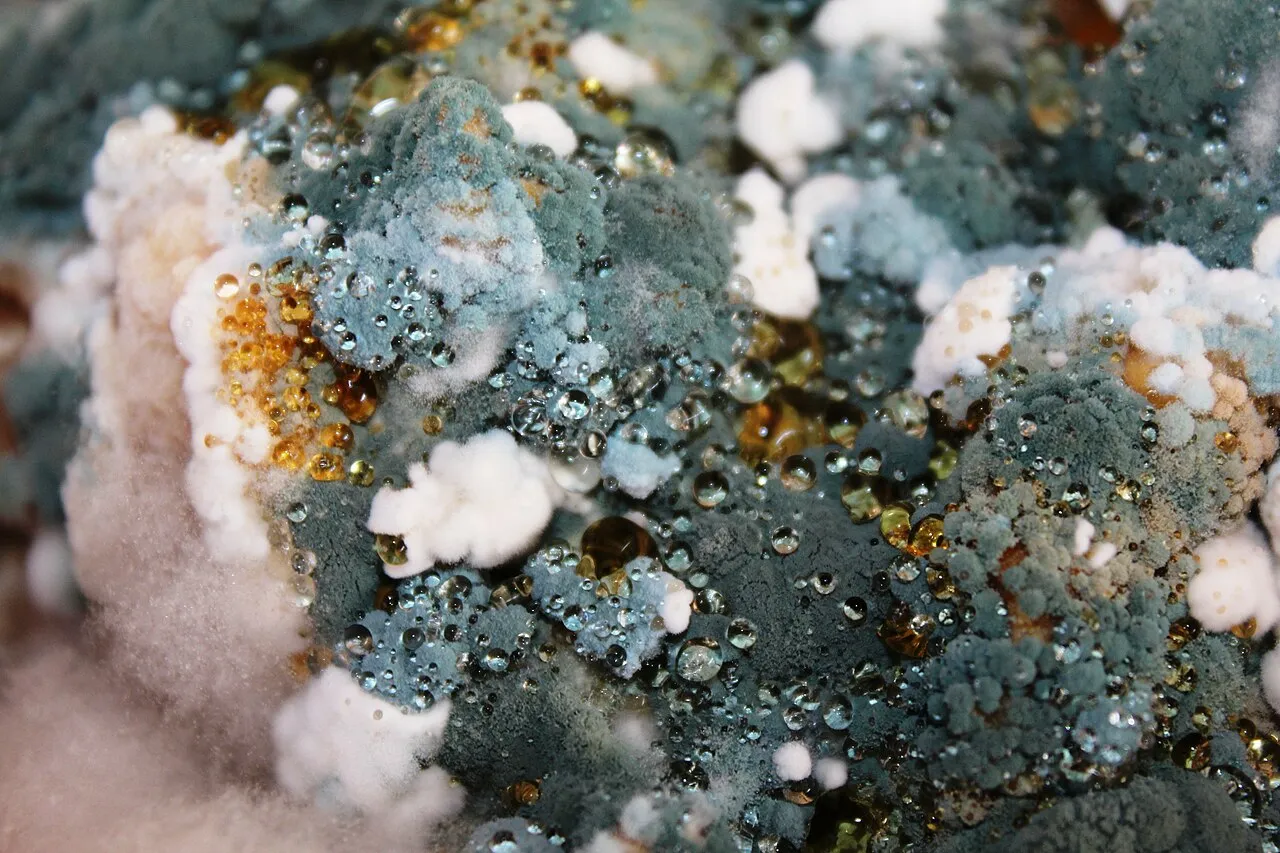
-
Variety of Molds: Molds encompass a diverse group of fungi belonging to various taxonomic groups, including Zygomycota, Ascomycota, and Basidiomycota.
-
Decomposer Role: While many molds are indeed decomposers, not all molds fulfill this ecological function.
-
Decomposition Abilities: Some molds specialize in decomposing organic matter, such as dead plants, animals, and organic debris. They play a vital role in nutrient recycling and ecosystem functioning.
-
Pathogenic Molds: Certain molds are pathogenic and cause diseases in plants, animals, and humans. These molds do not primarily function as decomposers but rather as pathogens that can degrade living tissues.
-
Non-Decomposer Molds: Some molds may inhabit environments where they do not actively participate in decomposition processes. Instead, they may have other ecological roles, such as symbiotic relationships with plants or animals, or they may be saprotrophic, feeding on organic matter without significantly contributing to decomposition.
-
Environmental Factors: The decomposition capabilities of molds can be influenced by environmental conditions such as temperature, moisture, and substrate availability. In some environments, molds may exhibit minimal decomposition activity due to unfavorable conditions or limited organic material.
Summary
| Aspect | Summary |
| Diversity of Molds |
Molds encompass diverse fungi from different taxonomic groups.
|
| Decomposer Role |
Many molds function as decomposers, but not all fulfill this role.
|
| Decomposition Abilities |
Some molds specialize in decomposing organic matter, aiding in nutrient recycling.
|
| Pathogenic Molds |
Certain molds are pathogenic, causing diseases in plants, animals, and humans.
|
| Non-Decomposer Molds |
Not all molds actively participate in decomposition; some have other roles like symbiosis or saprotrophy.
|
| Environmental Factors |
Mold decomposition activity can be influenced by factors such as temperature and substrate availability.
|


